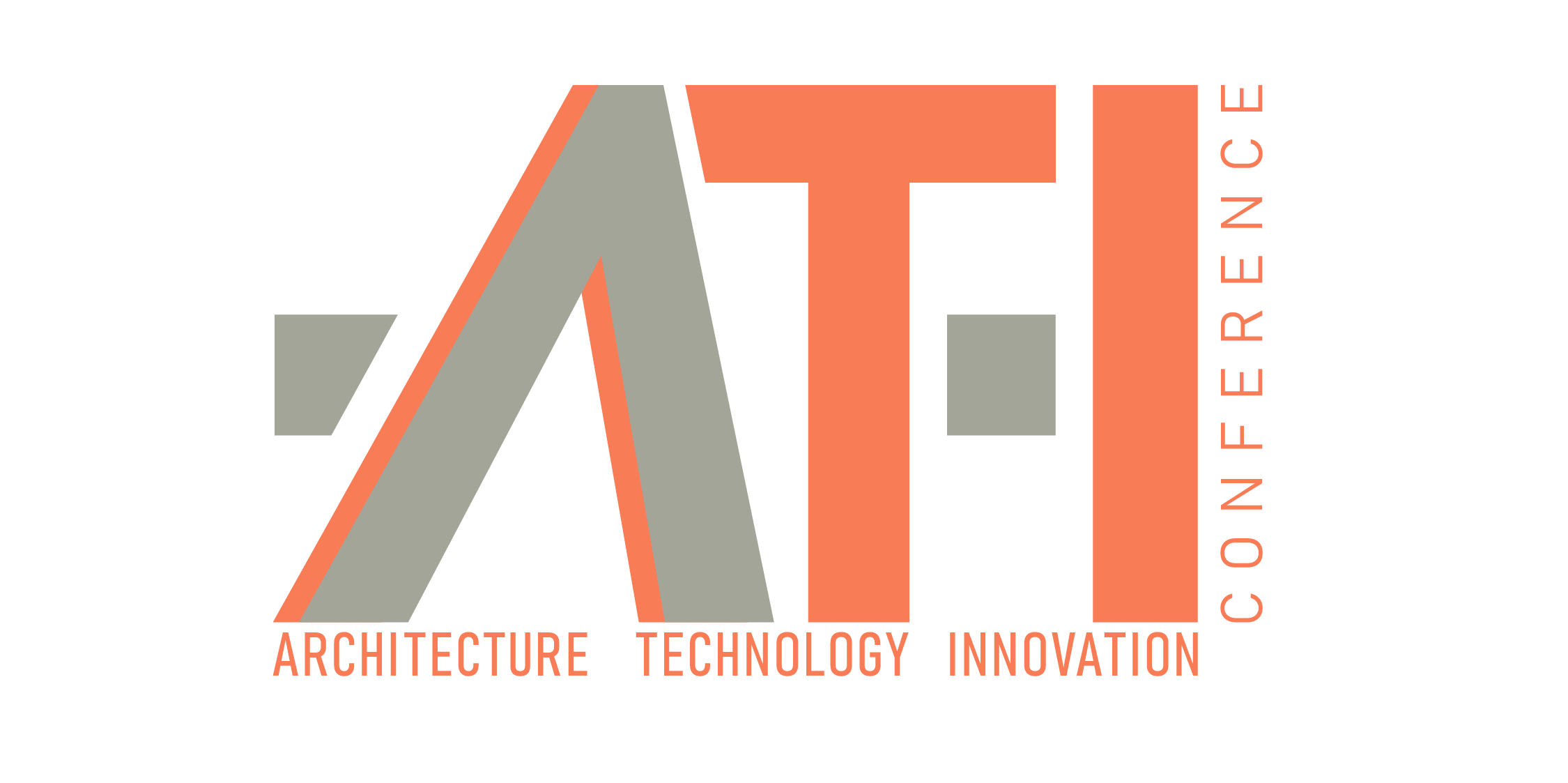The organizing committee of the 3rd International Symposium on Architecture, Technology and Innovation ATI 2022, invites to submit proposals for the special sessions. The symposium aims to provide scholars a transdisciplinary platform where theoretical, technical and/or practice-based state-of-the-art research findings revolving around a yearly theme in the larger framework of ATI can be discussed reciprocally. The proposed sessions should be related to the scope of the ATI symposium series, and cover at least one topic, indicated in the symposium web site (https://www.ati.yasar.edu.tr). In addition:
- Each session should consist of at least 4 paper presentations. A maximum of 1 paper -to be submitted to the session- can be (co)authored by the session chair(s).
- The session chair(s) is/ are expected to help in promoting their sessio
- The session chair(s) is/ are expected to help in assigning extra reviewers to the papers.
- The session chairs will be granted free registration for the ATI 2022.
- Papers accepted for sessions will be published in the Proceedings of ATI 2022.
- Following the symposium’s closure, selected papers will be evaluated for publication in the indexed journals.
Proposals to organize sessions should be submitted using the form below. The proposals will be revised by the organizing committee shortly after submitted, and notifications of acceptance will be announced afterwards. The deadline for the first round of submissions will be February 1, 2022. Final announcement of the ATI special sessions is March 15, 2022.
